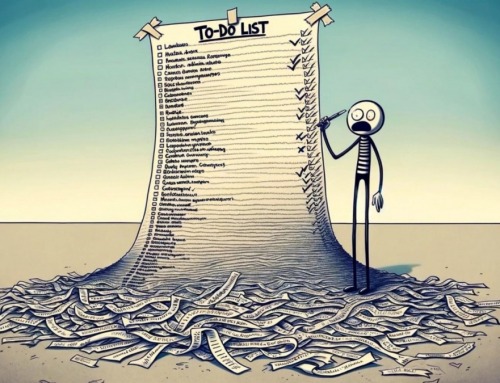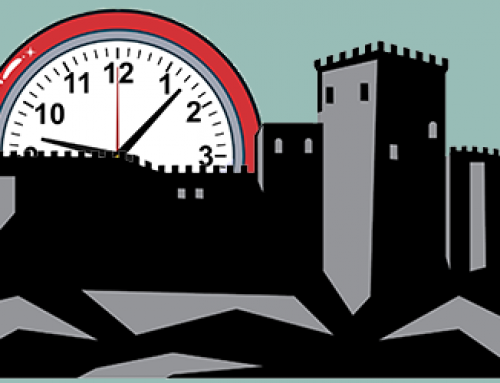As you start your planning, there are 7 things that should be in your schedule every week. Putting things off until the last minute and leaving projects languishing in an unfinished state leads to less productive lifestyle choices where everything can be done “tomorrow.”
Items like smart phones, as well as work-based internet access, are responsible for a rather significant amount of wasted time each week all over the world. To boost personal success and productivity, consider the following ideal options for a fruitful work week.
for a fruitful work week.
Create a schedule
Whether a schedule is filled to the brim with projects, appointments, and assignments or whether a schedule is less hectic, writing down important details for the week is a terrific way to enhance productivity. Most people will waste time during the day trying to figure out which task to accomplish next, and might actually spend more time procrastinating than engaging in work. A schedule reduces the potential for wasted hours during the day. Include time blocking as you schedule. More about daily planning. More about weekly planning.
Finish a project
No matter the type of employment or lifestyle in which you operate, the sense of accomplishment and success felt after completion of a project helps fuel further productivity. Even if the project is small and simple, finishing an item on a “to do” list helps make it easier to finish other projects and experience consistent productivity and output. Finishing a project early in the week offers a great boost for “hump day” when the week feels long and unending. Work to prevent scope creep from sabotaging your project success.
Create prioritized lists
There are projects and items that invariably get rescheduled and pushed off to a later date, but such scheduling changes don’t need to put a wrench in what might otherwise be a productive week. Great time management skills often come out of doing more with a schedule than creating a simple list. Placing appointments and details in order of importance helps ensure vital tasks are accomplished during the week and are less likely to be rescheduled.
Increase your effectiveness with PlanPlus Online.
A productivity system for leaders.

Say “No” to something
An incredibly productive week at home or in the office is a great way to arrive at the weekend, but sometimes trying to accomplish too much might be detrimental to an effective schedule. When arranging projects and appointments, a realistic timeframe is necessary to reduce how many responsibilities get left on the cutting room floor each week or pushed to another day. Effective scheduling requires a realistic approach to how much someone can get done each day.
Dedicate time to a personal project
Despite love for a job and fun at the office every day, a job shouldn’t take over your life. Dedicating every waking moment to a job creates a void in your personal life and encourages putting off projects or trips that offer the mind and body a rest. It’s essential to schedule personal activities like riding a bike, gardening, or getting together with friends to watch a game.
Don’t work more than 8 hours a day
Although some professions require difficult schedules that might require someone to be on-call or active for days at a time (usually the domain of doctors) anyone whose job doesn’t require such a herculean schedule shouldn’t dedicate too many extra hours to a job. Rare circumstances might require a few late nights every once in a while, but maintaining a strict, appropriate schedule of 40 hours of work a week helps a worker to avoid burnout and exhaustion. A tired worker is an inefficient worker.
Use the waste basket (or recycle bin) liberally
It’s easy to get overwhelmed with work when there’s a stack of papers a foot high on a desk. By the end of the week, a small stack can turn into a giant stack without some work done on recycling or getting projects accomplished. Taking a few minutes each week to clear out the inevitable clutter that builds up each day helps you to get organized and launch into a new task without delay. Digging through a messy desk or office may cost several hours of wasted time each week.
Issues of procrastination, wasting time, and daydreaming impact just about everyone in the workforce, but such issues don’t need to rule your life. Stick with an organized schedule that’s not too busy and focus on accomplishing at least one major project each week.







